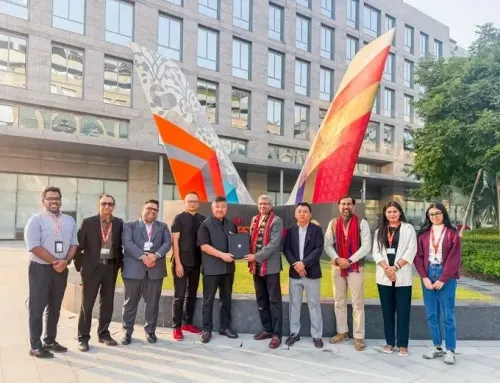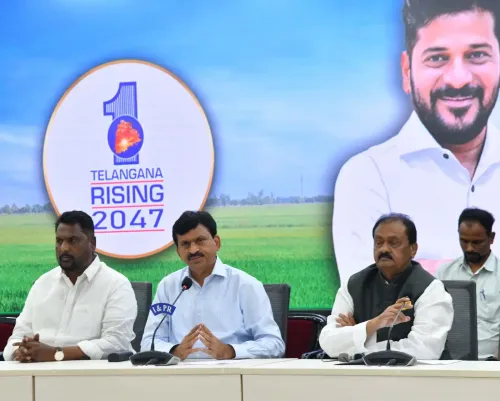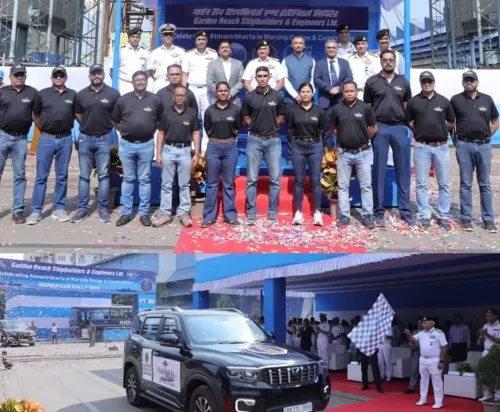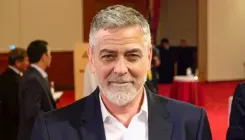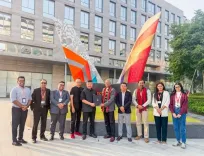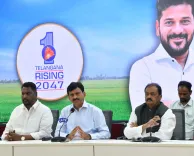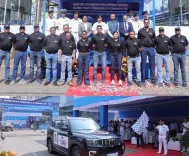What Is the Vital Role of Anganwadi Centres in Shaping Young Minds?
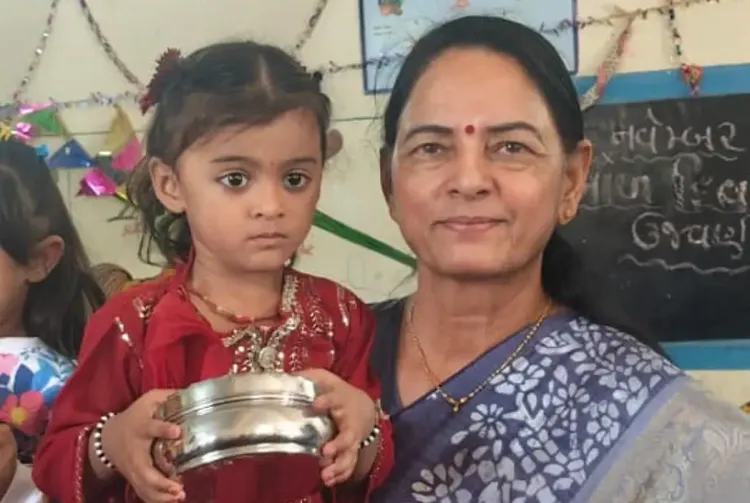
Synopsis
Key Takeaways
- Anganwadi centres are crucial for early childhood education.
- Each child has unique talents that need nurturing.
- Anganwadi workers instill essential values in young minds.
- Parental involvement is key to responsible technology use.
- Awareness of child rights promotes holistic development.
Ahmedabad, Nov 17 (NationPress) A distribution event for educational kits and prizes was held on Monday for Anganwadi children by Mahila Seva Sangh in Chandkheda. During the event, the Chairperson of the Gujarat State Commission for Protection of Child Rights (GSCPCR), Dharmishta Gajjar, highlighted the critical importance of Anganwadi centres in developing young minds.
In her speech, Gajjar remarked that each child has a distinct talent or hidden potential, and it is the duty of educators and caregivers to recognize, nurture, and enhance these skills.
“When a child’s natural talents are guided positively, society will undoubtedly witness a future characterized by discipline and value-based behavior,” she stated while distributing educational kits and recognizing children who excelled in various competitions.
Reflecting on her background as a teacher, Gajjar asserted that the character of a society is ultimately shaped by the education provided to its young learners. She noted that Anganwadi workers are the “true guardians” of essential values such as empathy, progress, accuracy, cleanliness, and cultural sensitivity during the foundational stages of child development.
She also encouraged parents and teachers to ensure that children utilize mobile devices wisely and responsibly.
Gajjar further advocated for introducing children to literature about inspirational figures and organizing activities that foster good habits and self-awareness.
The event saw the attendance of Ahmedabad Municipal Corporation councillors Ritaben Patel and Rakesh Brahmbhatt, Mahila Seva Sangh President Tarla Vaniya, Chandkheda General Secretary Romit Patel, Vice President Niharika Pandey, along with several community leaders like Raju Patel, Ravi Solanki, Bhailal Meheriya, Govind Jaiswal, Rashmi Arora, Ramesh Gosai, Biren Soni, and Dipak Dabhariya, along with a large gathering of parents.
The Gujarat Child Rights Commission is a statutory body tasked with protecting, promoting, and monitoring the rights and welfare of children throughout the state.
It aims to ensure that every child receives adequate nutrition, education, healthcare, and a secure environment, as guaranteed by Indian laws.
The Commission addresses cases of child abuse, neglect, exploitation, and discrimination, recommends corrective measures to authorities, and raises awareness about child rights within the community.
It also inspects childcare facilities, advises the government on child-related policies, and contributes to creating systems that support comprehensive child development.

